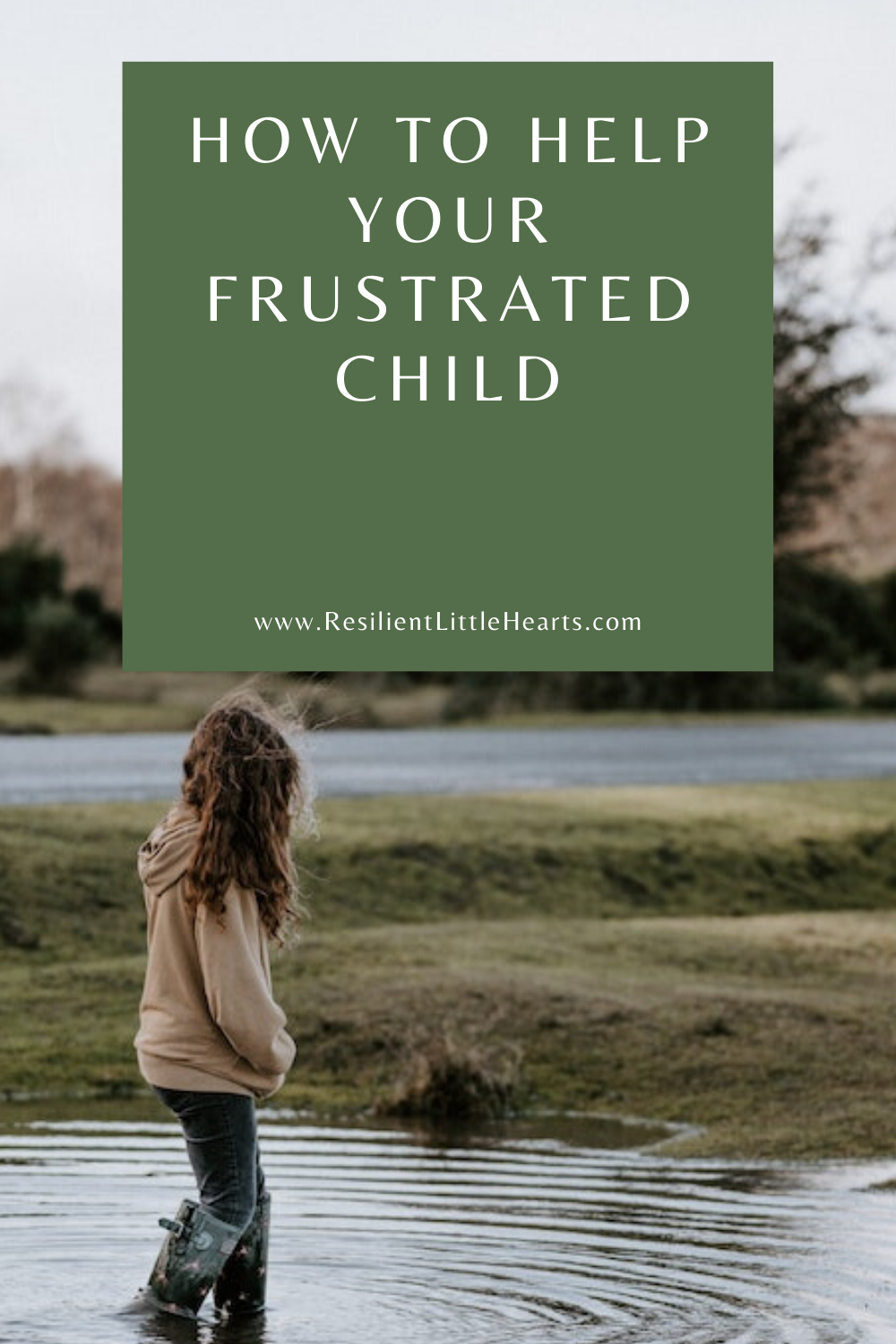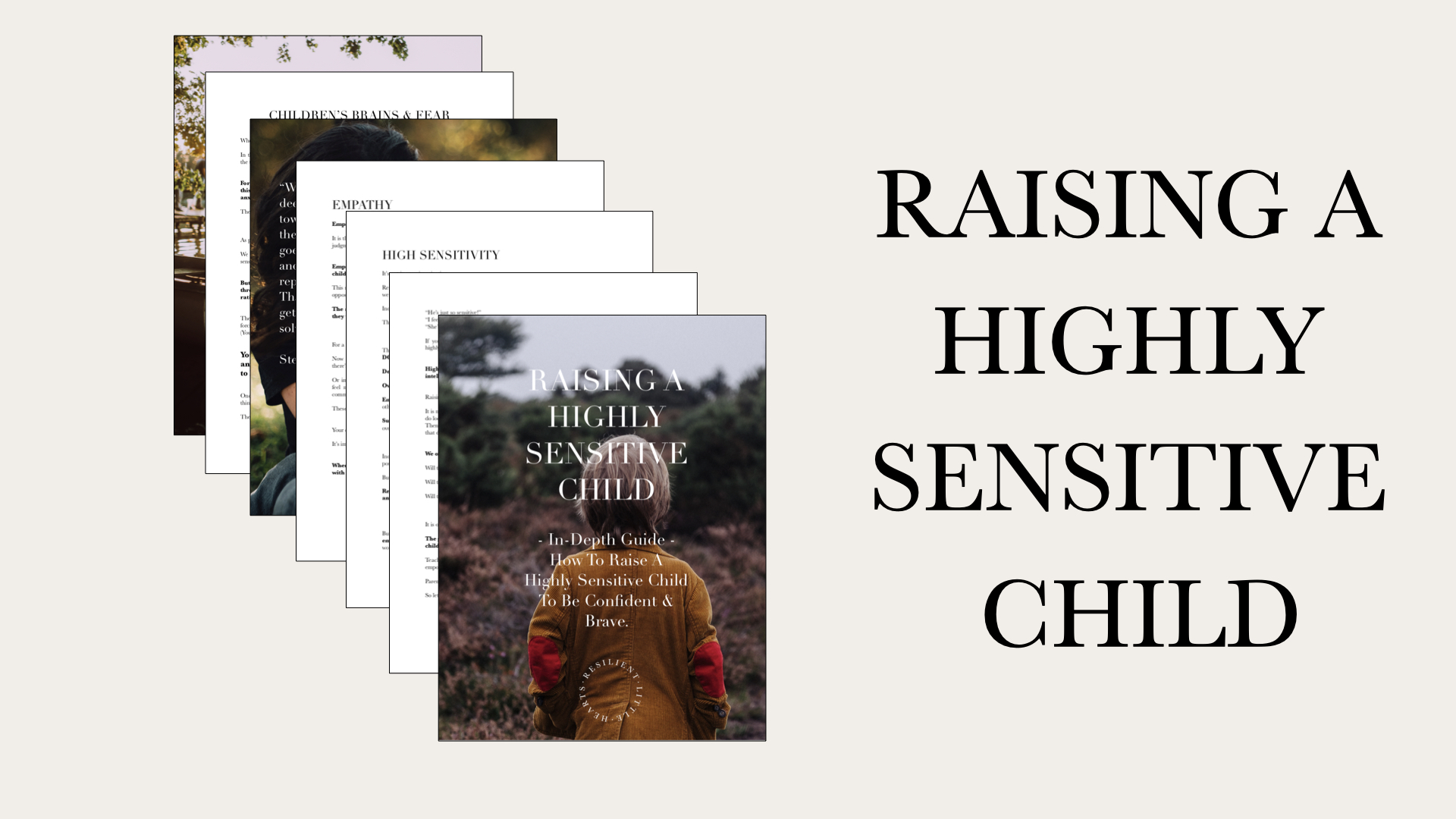How To Help Your Frustrated Child
Frustration is an intense emotion that all children experience.
For some children, frustration occurs infrequently, but for others it may seem like they become frustrated about almost everything they do.
In order to help your frustrated child, you need to increase your understanding of what is happening for them, & activate the tools to help them learn to self-regulate.
FRUSTRATION & ANGER
Although frustration may seem exactly like anger, they are slightly different.
Frustration occurs when we want something, or want to do something, that we cannot get. It is caused by obstacles stopping something that we really want.
Anger usually occurs as a response to threat, or something that is embarrassing, or unfair.
Frustration can build up into overwhelming levels that lead to anger & aggressive responses.
(For more on anger & aggressive behavior, check out our blog, click here)
WHY DOES MY CHILD GET SO FRUSTRATED?
Some of the reasons your child may become frustrated are:
- Physical needs: when a child is tired or hungry they are more likely to become frustrated
- Change: changes in routines, life situations, or an interruption of something they enjoy, can cause high frustration levels
- Developmental leaps: when a child is growing developmentally but cannot quite master the next stage, frustration usually occurs. Toddlers can often become very frustrated, as do older children when they are trying to master a new skill or school subject.
- Overstimulation: frustration levels peak when a child has had too much noise, heat, touch or pressure that they can personally handle.
- When they want something they cannot get: when a child has a goal that has met an obstacle, or seems like it will not happen, frustration occurs.
LOW FRUSTRATION TOLERANCE
There are also some children who have a personality temperament or additional needs that lead towards low frustration tolerance.
Low frustration tolerance means that your child becomes very easily frustrated.
Children who struggle with low frustration tolerance can include:
- Highly sensitive personality temperament
- Perfectionistic personality temperament
- Gifted children
- Sensory processing disorder
- ADHD
- Autism spectrum disorder
- Hearing or speech delays
- Dyslexia
- Children with developmental delays or physical disabilities
If you are noticing your child has low frustration tolerance, it can sometimes be a sign of other challenges that they may need additional support to handle.
YOUR CHILD’S BRAIN
Our brains have two parts – our limbic brain (the emotional part of our brain) & our pre-frontal cortex (our executive function).
Our pre-frontal cortex is the part of our brain that manages our self-control – it stops us from saying things we don’t mean, or hitting other people when we’re angry.
When there has been too much demand on the pre-frontal cortex (tiredness, hunger, overstimulation), it stops working well & we are left with the response from our limbic brain.
Children are still developing their pre-frontal cortex & this isn’t fully formed until young adulthood. This means they do not have the neurological ability to control their emotions.
HOW TO HELP YOUR FRUSTRATED CHILD
If you are noticing high frustration levels in your child, take a moment to consider whether they are tired, hungry, need some time outside, or quiet time.
Many times if a child has low frustration tolerance, they struggle with sensory overstimulation.
Sensory overstimulation can relate to noise, temperature, clothes, too much touch from others, or too much screen time. Children who become overstimulated by their environment need regular times of decompression or they will likely become constantly frustrated.
(We share more details about decompressing your child’s environment in our parents resource BRAVE, click here to find out more)
There are particular situations that send your child’s personal frustration levels high. These are individual for each child so it’s important to understand what specifically triggers your child.
Triggers could include: transitions, feeling misunderstood, loosing at games, someone taking something that is theirs, new situations, unfair situations.
Emotions need to be expressed in healthy ways, so that they don’t build up to be expressed in unhealthy ways.
Openly talk with your child about the changes they might be experiencing, what is frustrating them, or why they are disappointed. Empathize with what they are feeling.
Frustration usually occurs because an obstacle has come between your child & something they want. They feel stuck & are struggling to think about any way around the obstacle.
Partnering in problem solving with your child will help them see possibilities in a problem. You could both brainstorm 10 different ways around the obstacle, or what you could do instead of the situation that didn’t work out.
Helping our child manage their frustration levels involves increasing their self-awareness.
If they can learn to become aware of their internal emotional state, then they can begin to deal with the frustration before they explode.
Particularly if your child has a low frustration threshold, start checking in with them about how frustrated they are out of 10. For example, “are you 4/10 frustrated or 8/10 frustrated?”
Once this becomes a part of your vocabulary with your child, you can begin interventions when they are around 7 or 8 out of 10.
If your child has a low frustration tolerance, spend some time intentionally teaching them how to deal with frustration.
For example, if your child becomes highly frustrated when they loose at a game, you could start playing that game regularly, just for a short time, for the purpose of practicing healthy responses. Every time they respond in a healthy way with their frustration, praise them.
Frustration & anger have a high physical energy (which is why it often leads to hitting or physical outbursts).
Look for healthy physical outlets for this energy such as going for a walk or run, jumping on a trampoline, doing pushups on the wall, hitting pillows on the bed.
As you understand your individual child more deeply, & intentionally help them grow in their self-regulation, they will grow in their ability to positively handle their frustration.












